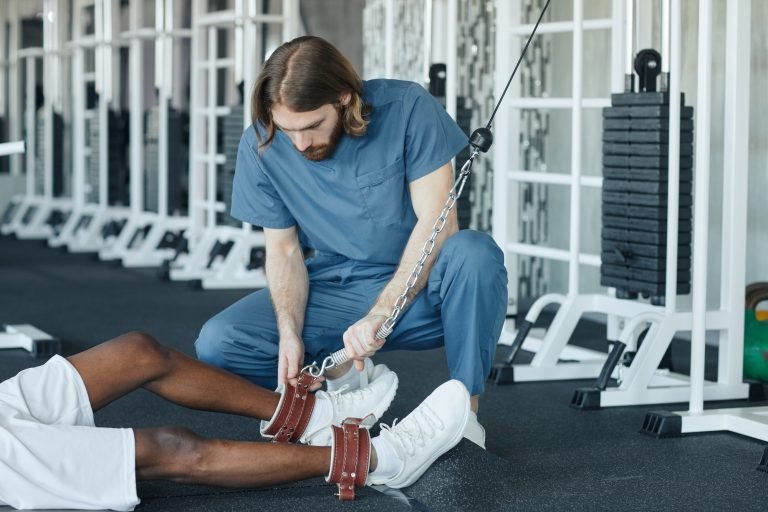Athletes constantly push their bodies to the limit, working hard to reach peak performance in their respective sports. However, no matter how hard they train, the key to sustaining high performance lies not just in the workouts but in the recovery process. Proper sports recovery is often overlooked, but it is so important for athletes to reach their full potential and avoid burnout or injury.
What Is Sports Recovery?
Sports recovery relates to the physiological and psychological process of rest and repair following intense physical activity. Recovery involves more than just having a rest; it is a comprehensive approach that includes strategies such as nutrition, hydration, stretching, sleep, and more. By allowing the body to rest, repair, and rebuild, athletes can ensure they return to their next training session or competition stronger and more resilient than before.
Why Recovery Is Crucial for Athletes
One of the primary reasons why recovery is so important is because it allows the muscles and tissues to repair themselves after the stresses of physical exertion. Intense exercise causes micro-tears in muscle fibers, which are then rebuilt during the recovery process. Without adequate recovery, these muscle fibers do not have enough time to repair, leading to overuse injuries and decreased performance. Therefore, athletes who skimp on recovery are likely to experience fatigue, diminished strength, and even long-term injury.
Mental Recovery Is Just as Important
In addition to physical recovery, mental recovery is also a crucial component. The mental demands of training and competition can be just as taxing as the physical ones. Constant pressure to perform can lead to stress, anxiety, and burnout. Mental recovery techniques, such as relaxation exercises, mindfulness, and mental breaks, are essential for maintaining focus and motivation.
The Importance of Sleep in Recovery
Sleep is perhaps the most powerful tool in an athlete’s recovery arsenal. During deep sleep, the body gives out growth hormones that aid in muscle repair and recovery. Sleep also helps regulate energy levels and supports cognitive functions like concentration and decision-making. Without enough sleep, athletes can experience impaired performance, slower reaction times, and a heightened risk of injury.
Nutrition and Hydration for Recovery
Moreover, nutrition and hydration are critical to effective recovery. After intense exercise, the body has to replenish glycogen stores, repair muscle tissue, and restore electrolyte balance. Consuming a balanced meal or recovery drink with the right combination of carbs, protein, and healthy fats can accelerate the recovery process and prepare the body for the next workout. Hydration is equally important, as dehydration can lead to muscle cramps, fatigue, and a slowdown in performance.
Advanced Recovery Techniques: Stem Cell Therapy
For athletes seeking advanced methods of recovery, cutting-edge treatments like stem cell sports recovery have gained significant attention. Stem cell therapies use regenerative cells to promote tissue healing, reduce inflammation, and potentially speed up the recovery process. These treatments offer a non-invasive alternative for athletes getting over an injury or looking to enhance performance.
Final Thoughts
Proper sports recovery is not just a supplementary aspect of an athlete’s training regimen but a vital part of the equation for achieving peak performance. By giving the body the time and resources it needs to repair, restore, and regenerate, athletes can prevent injuries, improve strength, and maintain mental clarity. With a well-rounded approach to recovery, athletes can ensure they reach their full potential and perform at their best.


































